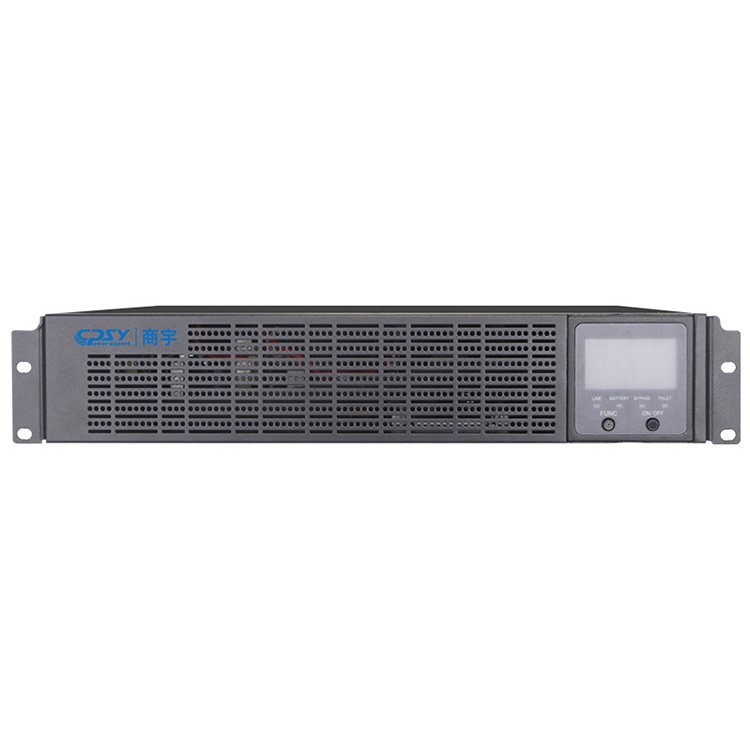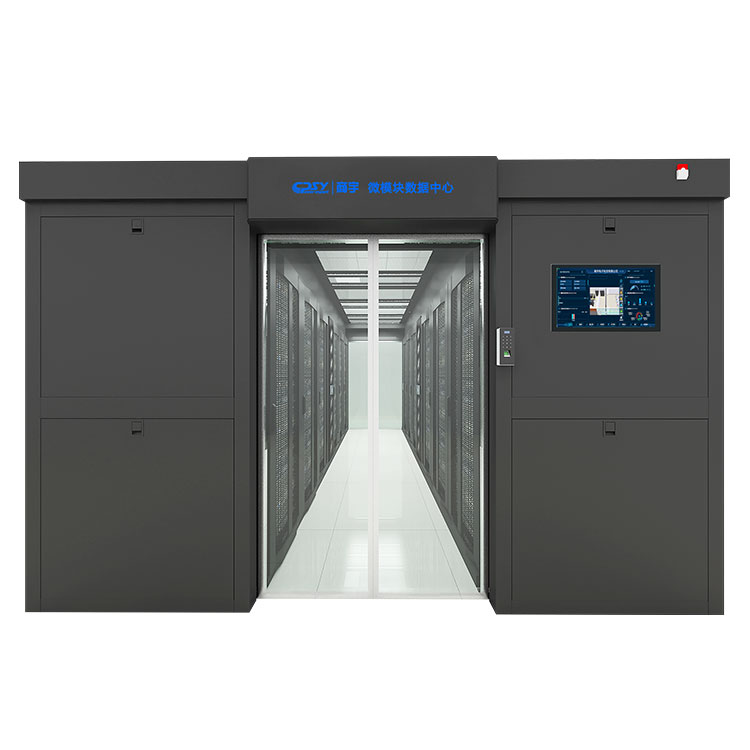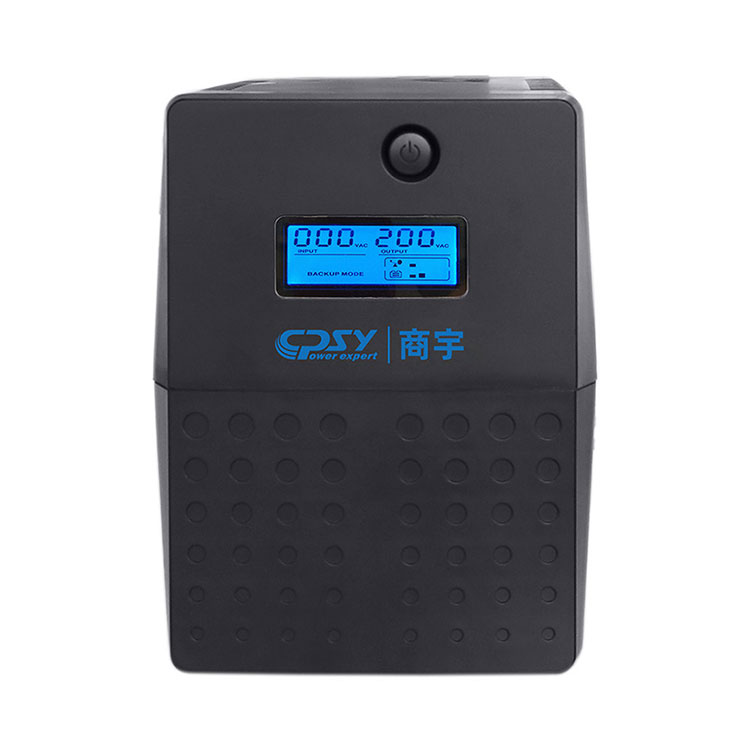- English
- Español
- Português
- русский
- Français
- 日本語
- Deutsch
- tiếng Việt
- Italiano
- Nederlands
- ภาษาไทย
- Polski
- 한국어
- Svenska
- magyar
- Malay
- বাংলা ভাষার
- Dansk
- Suomi
- हिन्दी
- Pilipino
- Türkçe
- Gaeilge
- العربية
- Indonesia
- Norsk
- تمل
- český
- ελληνικά
- український
- Javanese
- فارسی
- தமிழ்
- తెలుగు
- नेपाली
- Burmese
- български
- ລາວ
- Latine
- Қазақша
- Euskal
- Azərbaycan
- Slovenský jazyk
- Македонски
- Lietuvos
- Eesti Keel
- Română
- Slovenski
- मराठी
- Srpski језик
China Solar Panel Manufacturers, Suppliers, Factory
Shangyu CPSY® is a manufacturer and solution provider focusing on uninterruptible power supply systems and new energy fields. In addition to charging piles, our new energy sector also includes solar panels, inverters, solar cells and other solar system products. These products are widely used in households, commerce, agriculture, transportation and other fields to provide people with power supply and reduce dependence on traditional energy sources.
Shangyu CPSY® company is committed to using renewable solar energy to provide green, environmentally friendly and sustainable energy solutions to customers around the world. The company has a professional technical team and rich experience, able to provide customers with high-quality services and products.
Solar energy systems are composed of multiple parts, including solar panels, controllers, inverters, batteries, power transmission and distribution equipment, lightning protection equipment, and monitoring and maintenance equipment. These components work together to convert sunlight into electricity to meet the electricity needs of homes, businesses, or industries.
Currently, the solar panels we use are divided into monocrystalline solar panels (Monocrystalline Solar panels) and polycrystalline solar panels (Polycrystalline Solar panels). There will be some subtle differences in appearance, but the main ones are in power and price. Arrange efficiency from high to low: monocrystalline solar panels > polycrystalline solar panels. Price order from high to low: monocrystalline solar panels > polycrystalline solar panels. More than 90% of photovoltaic power station applications on the market now use monocrystalline solar panels. Many people consider the relationship between efficiency and price. Most of them will choose ordinary monocrystalline solar panels. Its manufacturing process is relatively mature and its range of use is also relatively large. wide. Note that solar panels must be used in sunlight to generate electricity.
Currently, the mainstream solar panels on the market are divided into: 1. Monocrystalline solar panels. 2. Polycrystalline solar panels. 3. Thin film solar panels. The difference between the three of them is:
| Item | Monocrystalline solar panel | Polycrystalline solar panel | Thin film solar panel |
| Photoelectric conversion efficiency | 18%-25% | About 16% | About 10%, which is low |
| Service life | 25 years | 15 years | 10 years, unstable |
| Production costs | high | lower | On the high side |
| Material | Encapsulated with tempered glass and waterproof resin, it is sturdy and durable, and the atomic structure is arranged in an orderly manner. | Directly pour the silicon material into the crucible to melt and shape, and arrange them in random order. | Silicon-based thin-film solar panels made of amorphous silicon and multi-compound thin-film solar panels made of copper indium gallium selenide (CIGS) and other compounds. |
| Production method | Adopt Siemens method to improve straight pull | Produced by casting method | 1. Physical vapor deposition (PVD), 2. Chemical vapor deposition (CVD), 3. Spraying method, 4. Screen printing method |
| Market share | More than 20% | More than 90 | 10%-20% |
| Select preferences | If the space is limited and you want to install more capacity, choose monocrystalline! | There is no requirement for the type of battery panel, so the price is more suitable if you choose single or polycrystalline! | If the lighting is not good, there are shadows all year round, and if you don’t deliberately pursue investment benefits, choose film! |
| Features | No pattern, dark blue, almost black after encapsulation, with grid lines on the surface | There is a snowflake crystal pattern, light blue, with grid lines on the surface | Most of them are made of glass, brown and brown |
| Purity | More than 99.9999% silicon rod | Glass 99.5% | Amorphous silicon 99.99% or more |
| Component | 1.EVA 2. Battery piece 3.Back plate 4. Aluminum alloy protective laminate 5. Junction box 6. Silicone | 1.Tempered glass, 2. EVA 3. Battery piece 4.Back plate 5.Aluminum alloy protective laminate 6. Junction box | 1. Substrate, 2. Amorphous silicon, copper indium gallium selenide (CIGS) and other materials. 3. Conductive layer, 4. Back electrode, 5. Protective layer, 6. Frame and connector |
Thin film solar panels mainly use thin film materials, which have the advantages of light weight, thin thickness, and flexibility. At present, thin film solar panels are mainly divided into two types: silicon-based thin film solar panels and multi-compound thin film solar panels.
Silicon-based thin-film solar panels are mainly made of amorphous silicon. Their advantages are low cost, mature technology, and easy mass production, but the conversion efficiency is relatively low. Multi-component thin-film solar panels are made of compounds such as copper indium gallium selenide (CIGS). They have the advantages of high conversion efficiency, flexible material combinations, and adjustable color. However, the cost is high and the process is complex.
In general, the material selection of thin film solar panels depends on the specific application scenarios and needs. When pursuing cost and mass production, silicon-based thin-film solar panels are a better choice; when high conversion efficiency and specific colors are required, multi-compound thin-film solar panels are more advantageous.
A solar panel is a device that uses solar energy for photoelectric conversion and usually consists of a solar panel, a controller and an inverter. A solar panel is the core part of a solar panel and consists of multiple solar cell units, each unit capable of converting solar energy into electrical energy. The main function of the controller is to control the charging and discharging process of the battery panel to ensure the safe and efficient operation of the battery panel. An inverter converts the DC power output from the solar panels into AC power to power a home or business. Solar panels have a wide range of applications, including but not limited to the following areas:
1. Home power supply: Solar panels can be used to provide power for homes, including lighting, TVs, computers and other daily electrical equipment.
2. Commercial places: Commercial places such as shopping malls, hotels, office buildings, etc. can also use solar panels to provide electricity, reducing dependence on traditional energy.
3. Agricultural field: Solar irrigation systems, solar greenhouses, etc. have also been widely used in the agricultural field, which is beneficial to improving the efficiency and quality of agricultural production.
4. Transportation field: The application of solar street lights, solar traffic lights, etc. in the transportation field is also becoming increasingly popular, which is conducive to improving traffic safety and energy conservation and emission reduction.
5. Water treatment field: Solar water purification systems also play an important role in sewage treatment and water resources protection.
In short, solar panels, as a clean and renewable energy utilization method, have broad application prospects and market prospects. With the continuous advancement of technology and the gradual reduction of costs, the application of solar panels will become more and more popular.
Solar panel companies are an important force in utilizing renewable energy, providing customers with green, environmentally friendly, and sustainable energy solutions. Therefore, when choosing a company, customers should carefully consider the company's strength and reputation, after-sales maintenance and other factors to ensure high-quality products and services. As a solution provider in the field of new energy, Shangyu CPSY® has extremely stringent requirements for the material selection of each product component and accessory, and conducts strict reliability testing on each batch of products to ensure optimal quality. Our solar panels have obtained ISO9001, ISO1400, ISO45001 quality management system certification, and passed the EU CE certification. Engineers have electrician certificates and senior professional titles, which can ensure that the quality, safety, efficiency, etc. of solar panels meet relevant standards and requirements.
The advantages of solar panels mainly include the following points:
1. Green and environmentally friendly: Solar panels use solar energy to charge, do not produce any pollutants, and are environmentally friendly. It is clean and pollution-free: no carbon emissions and no greenhouse gases.
2. Renewable energy: The energy of solar panels comes from the sun, which is renewable and will not be exhausted like fossil fuels. According to scientists, we can use sunlight for at least 5 billion years.
3. High charging efficiency: Solar panels can be fully charged in a short time, much faster than traditional charging methods.
4. Long service life: Solar panels generally have a long service life and can be used for a long time.
5. Low maintenance cost: Solar panels generally do not require much maintenance, and only require regular inspection and cleaning of the panel surface.
6. Reduced Electricity Bills: Since you will be meeting part of your energy needs with the electricity generated by your solar system, your energy bills will go down. How much you save depends on the size of the solar system and your electricity or heat usage. .
7. Wide range of applications: Solar panels have a wide range of uses and can be used for various devices that require charging, such as mobile phones, tablets, digital cameras, electric vehicles, etc. In addition, solar panels can also be used in solar street lights, solar water heaters and other fields.
A solar panel is a device that uses solar energy for photoelectric conversion and usually consists of a solar panel, a controller and an inverter. Although solar panels have many advantages, there are also some disadvantages:
1. High initial investment: The price of solar panels is relatively high and requires a large initial investment.
2. Affected by weather: The power generated by solar panels will be affected by weather, especially on cloudy or rainy days.
3. Large footprint: Solar panels require a large area to generate enough power, which may be a limitation in urban areas.
4. Unable to cope with sudden power demand: The power generation of solar panels is relatively unstable and cannot cope with sudden large-scale power demand.
Solar panels do not need to be replaced regularly and maintenance costs are low. The most reliable solar panel manufacturers offer 20-25 year warranties, they just need to be kept relatively clean a few times a year, and cleaning services cost around £25-35/time. Additionally, the inverter is often the only component that needs to be replaced after 5-10 years, as it continuously converts solar energy into electricity and heat (solar photovoltaic vs. solar thermal). In addition to the inverter, the cables also require maintenance to ensure your solar power system is operating at peak efficiency. Therefore, after paying the initial cost of a solar system, you can expect to spend very little on maintenance and repair work. So, how to choose solar panels? When choosing solar panels, you need to consider the following factors:
1. Power: Choose a solar panel with appropriate power based on power demand and local solar radiation conditions.
2. Quality: Choose solar panels with reliable quality to ensure their stability and service life.
3. Conversion efficiency: The higher the conversion efficiency of a solar panel, the more electricity it can generate in the same area.
4. Durability: Choosing solar panels with good durability can ensure their long-term stable operation.
5. Maintenance costs: Choosing solar panels with low maintenance costs can reduce long-term operating costs.
6. Appearance and adaptability: According to the environment and architectural style of the installation site, select solar panels with an appropriate appearance.
7. Brand and service: Choosing solar panels from well-known brands and providing good services can ensure their reliability and after-sales service.
In short, choosing the right solar panel requires considering many factors, including power, quality, conversion efficiency, durability, maintenance cost, appearance and adaptability, brand and service, etc. When choosing, you should fully consider your own electricity needs and local environmental conditions in order to choose the most suitable solar panel.
- View as
Polycrystalline Solar Panel
The manufacturing process of polycrystalline solar panel is similar to that of monocrystalline silicon solar panels, but the photoelectric conversion efficiency of polycrystalline solar panels is much lower, and its photoelectric conversion efficiency is about 12%. In terms of production cost, it is lower than monocrystalline silicon solar panels. The material is easy to manufacture, saves power consumption, and the overall production cost is low, so it has been widely developed.
Read MoreSend InquiryMonocrystalline Solar Panel
CPSY® Monocrystalline solar panels are assembled from monocrystalline silicon solar cells on a board in a specific connection method. When solar panels are illuminated by sunlight, the light radiation energy is directly or indirectly converted into electrical energy through the photoelectric effect or photochemical effect. Compared with traditional power generation, solar power generation is more energy-saving and environmentally friendly. Monocrystalline silicon solar cells have the highest conversion efficiency and the most mature technology.
Read MoreSend Inquiry








